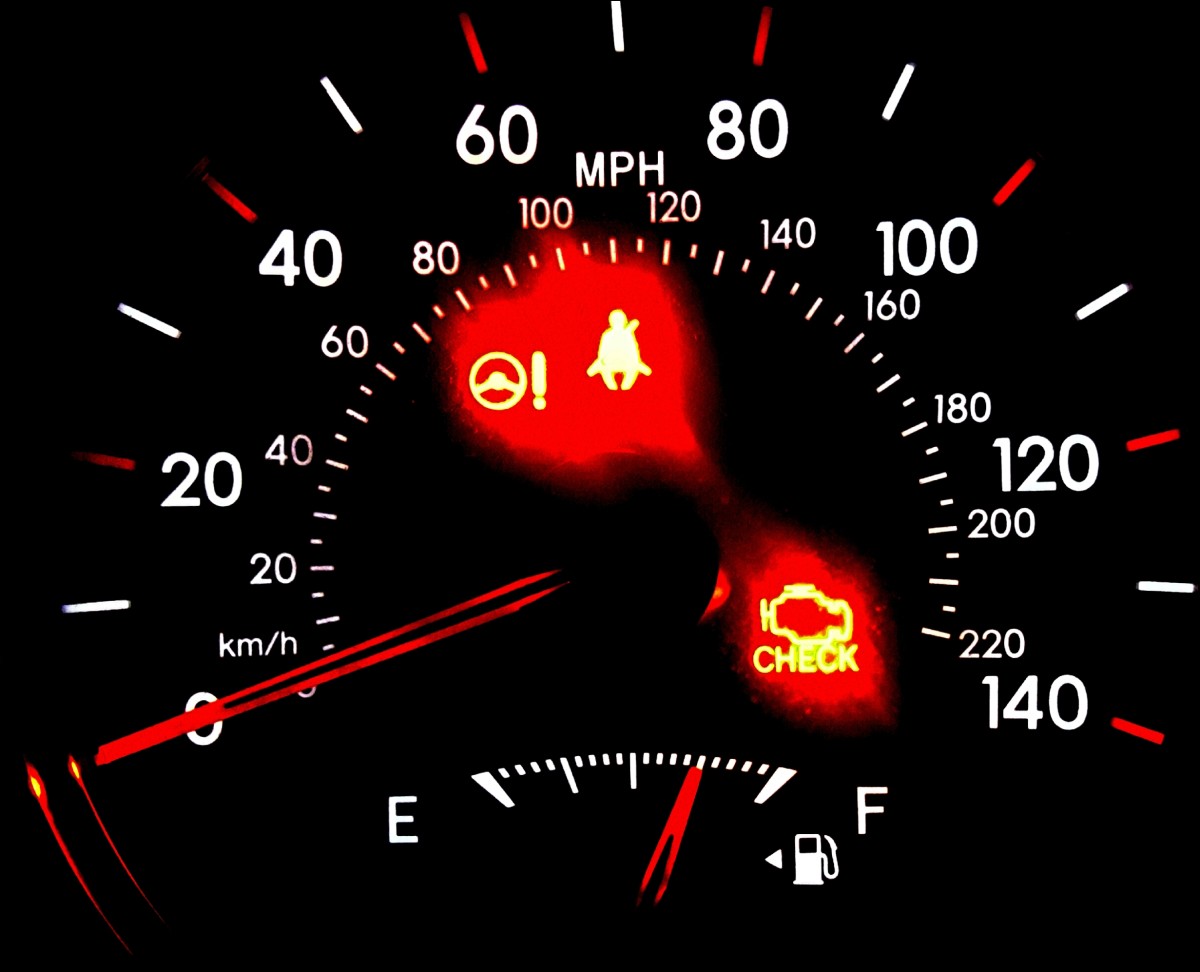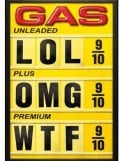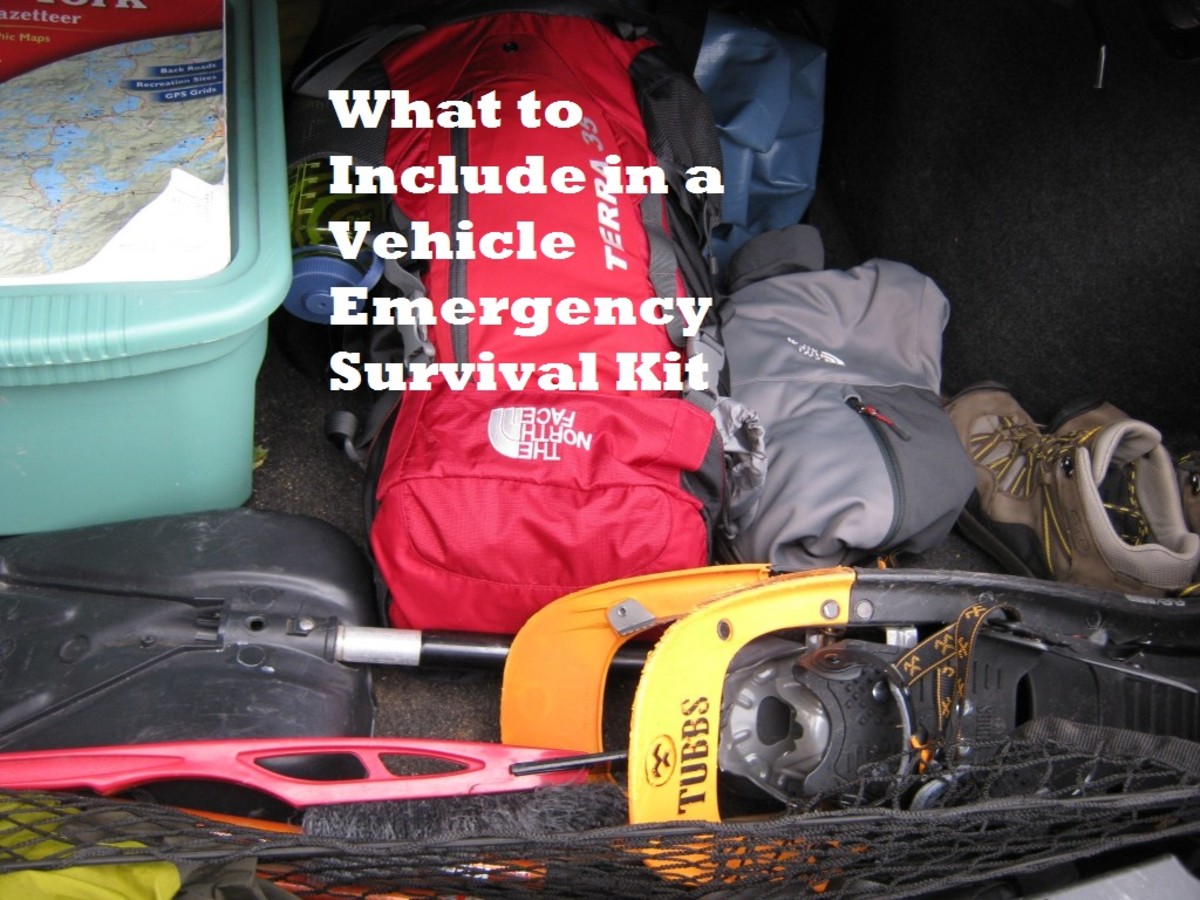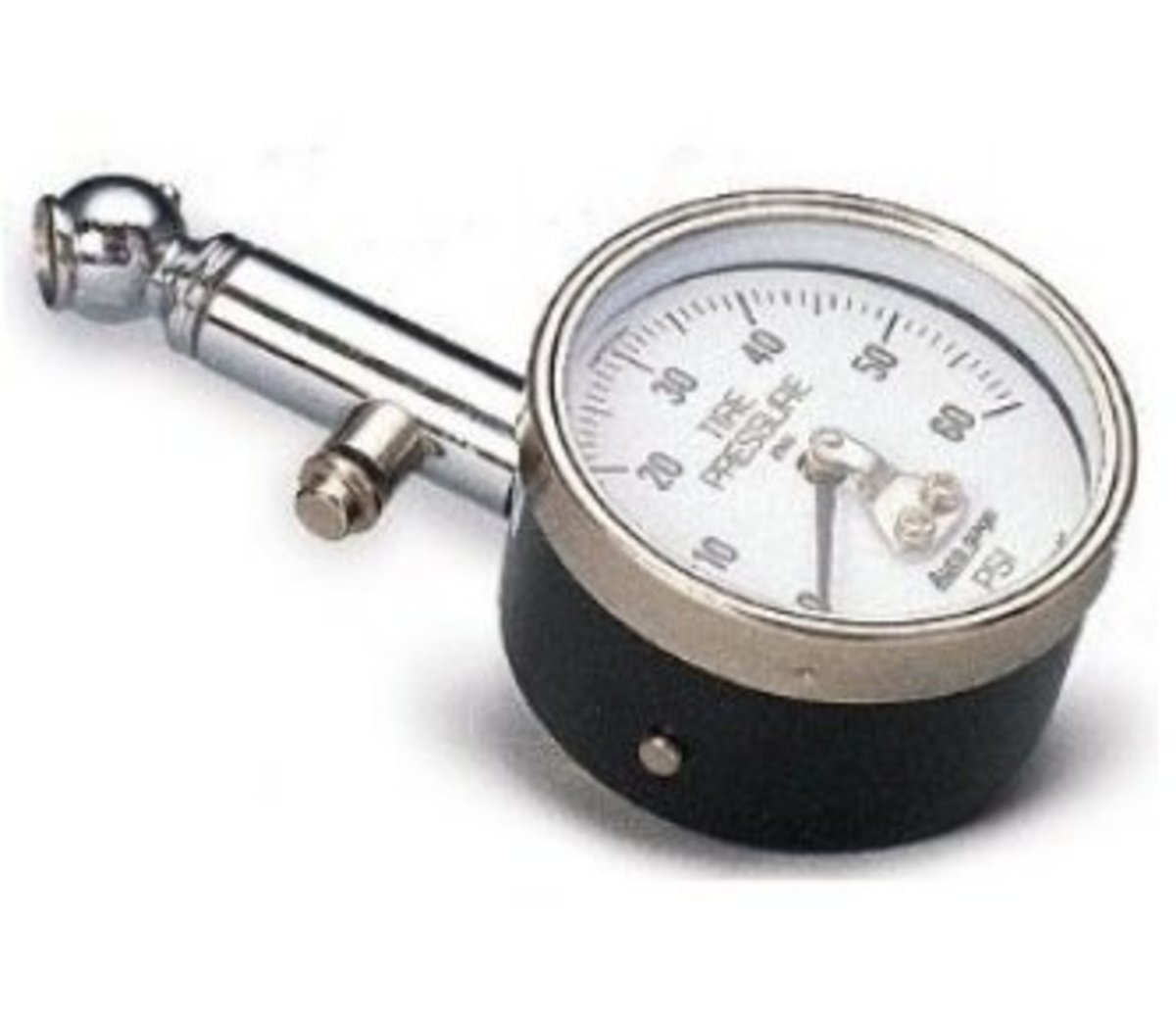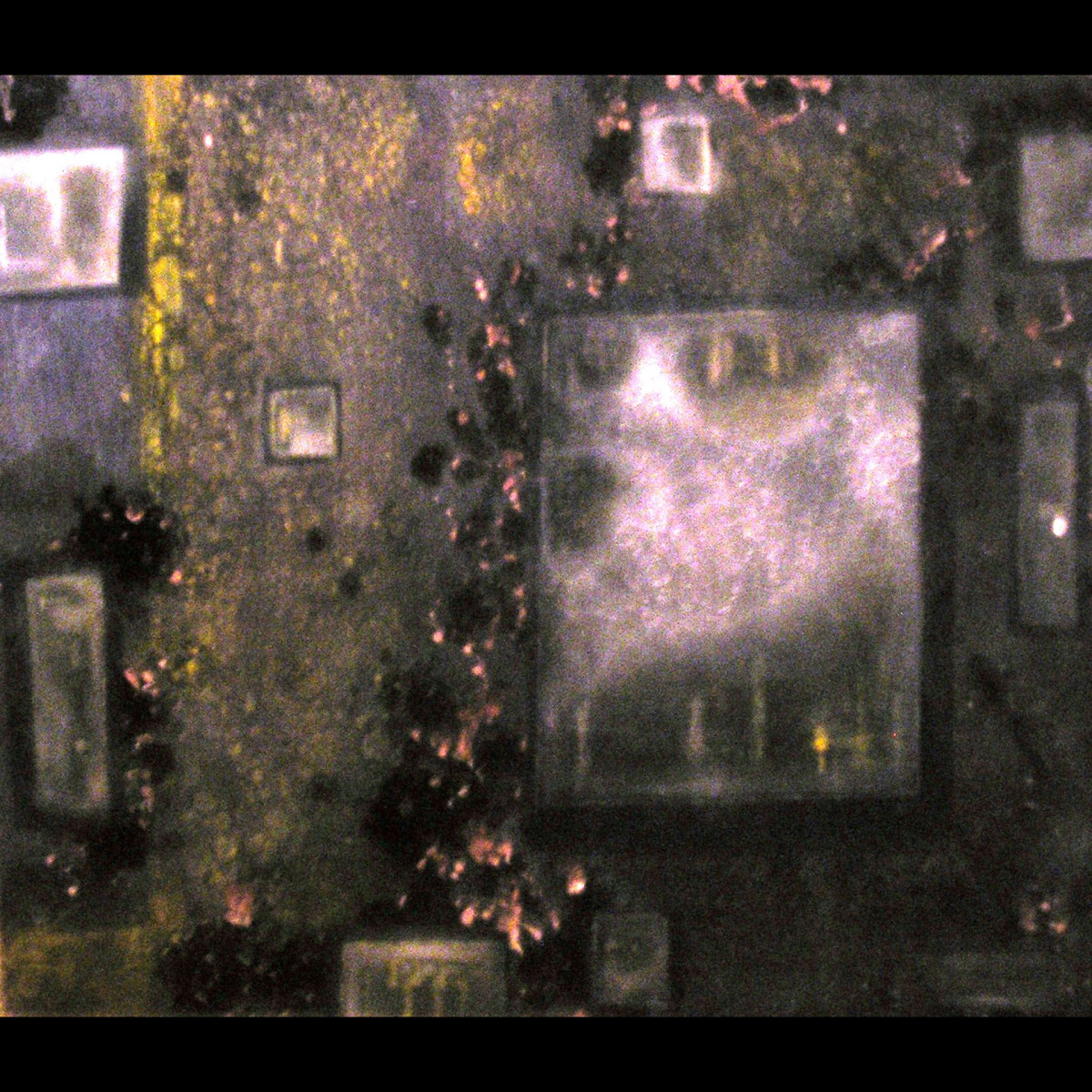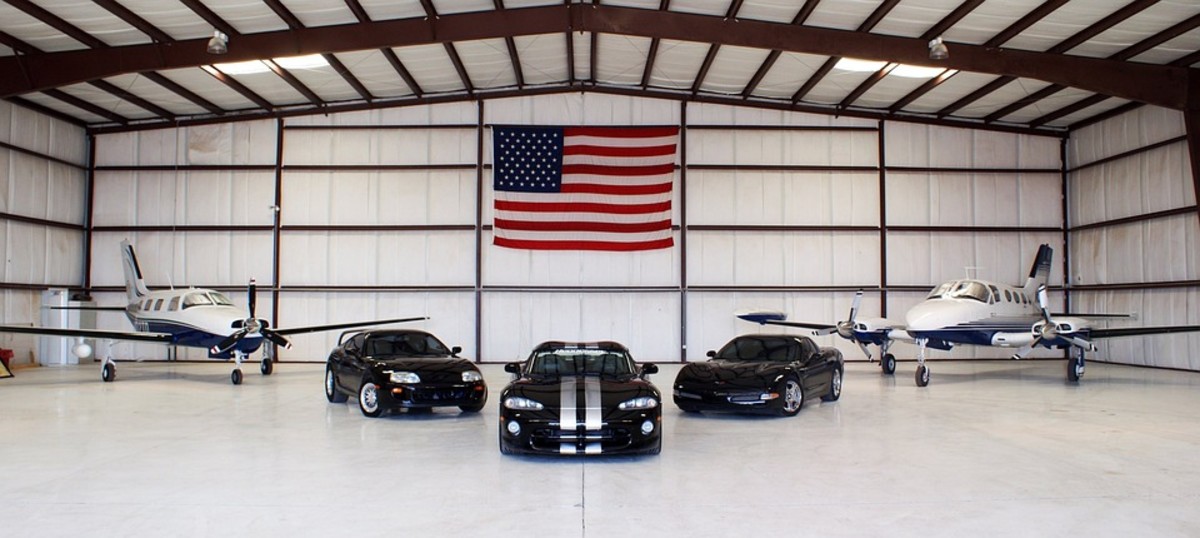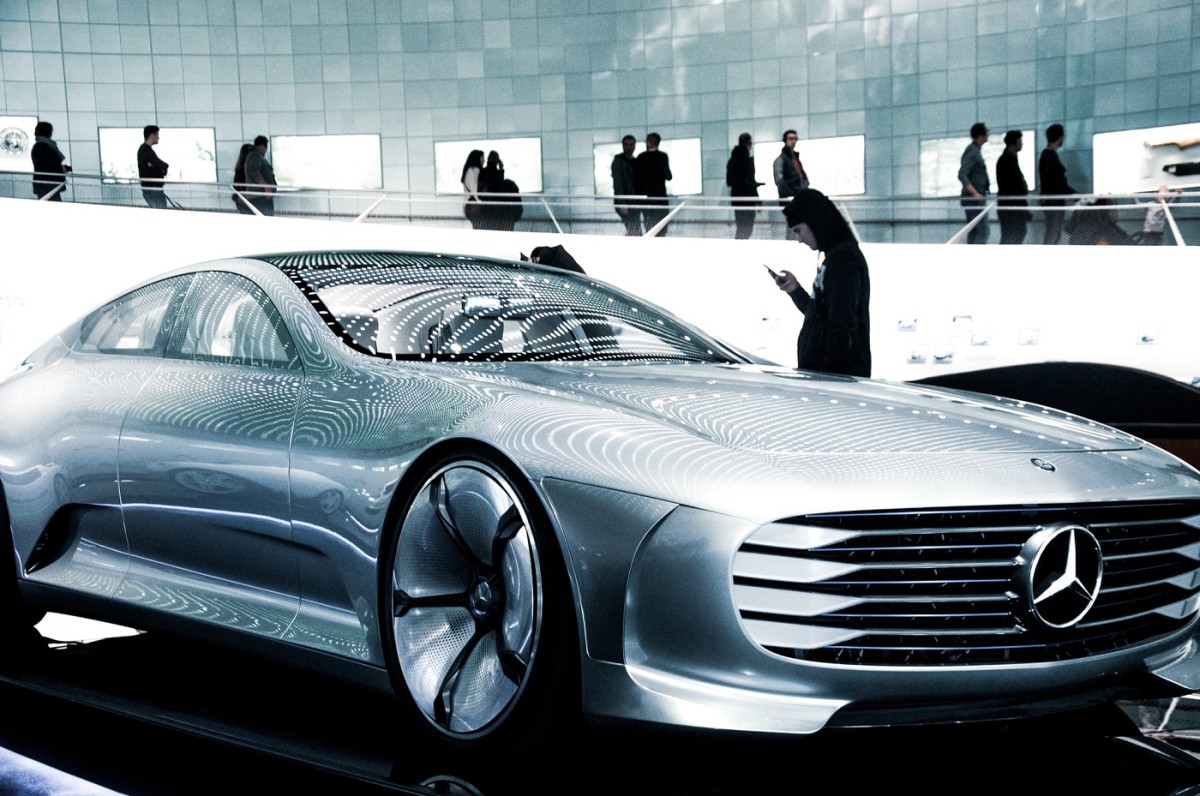Fuel Economy- Tips To Improve Your Gas Mileage
As is the nature of any commodity, the price of oil rises and drops. That oil is necessary for gas production and the prises rise more than they drop. If you're like me, you are interested in reducing your fuel consumption and improving fuel economy. I carry equipment to and from my job, so I can't just stop driving, but I can drive more efficiently.
The following are some tips about improving your fuel economy and gas mileage, saving money at the pumps. With better gas mileage you will have more money in your pocket and longer trips on a tank. You will find some that work for you, no matter what you drive, try some, try them all. The more of these tips you use, the more improvement you will see.
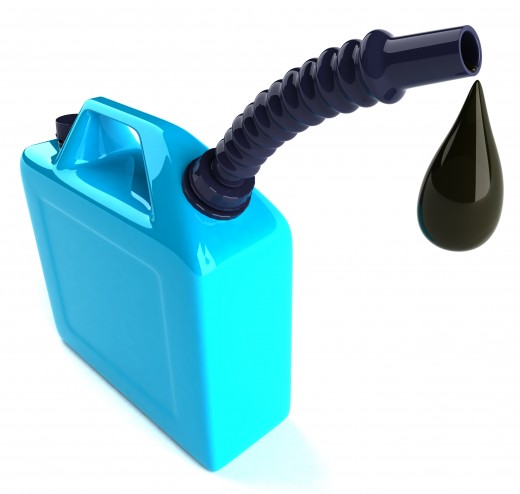
Don't Drive As Much
This tip seems obvious, the less you drive, the less fuel you will need. But, at first glance it is also one of the hardest tips to follow. To start, if you can walk or bike, you will not only save money on gasoline, but you will get exercise and improve your health. Many cities offer bike lanes to help encourage commuters to ride their bikes rather than take a car.
You can still drive less without giving up your car though. When you go out for the day, plan your trip ahead of time. If you need groceries, don't make an extra trip, plan to go by the store on your way home from work. If you have to make a longer trip, plan to hit a few stores or maybe visit with a friend that you don't see very often. You will still be driving, but by combing trips you will reduce the total number of trips you have to take, resulting in fewer total miles.
See how one Hubber switched to a bicycle for his daily commute here, saving not only money, but getting healthier at the same time.
Easy On The Gas
When you're driving around, go easy on that gas pedal. Most of us like to get where we are going as quickly as possible, but that will hurt your gas mileage. Each time you mash on the gas pedal you car guzzles down the fuel faster than normal. So if you have to be the first person off the line at a red light, you aren't getting the best mileage.
To improve your mileage with the gas pedal, slow down and go easy. You will see improved fuel economy by going softly as you accelerate. If you accelerate slowly and smoothly your car will not be guzzling the gas the same way. So the next time you start off from a stop light, remember, you don't have to be the fastest car in the line.
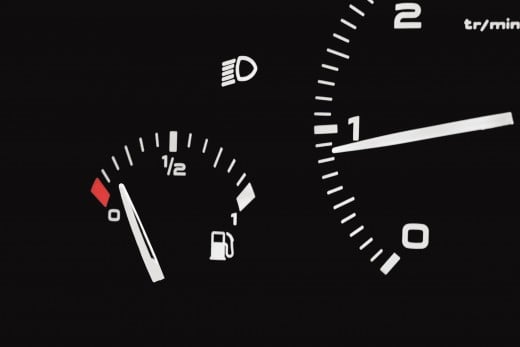
Don't Stop
This is actually related to the last tip, if you don't stop, you won't have to accelerate as much to get back up to the speed limit. Now, you won't always be able to avoid stopping, but when you approach a stop light, start slowing down well before the light. If you slow down before the light you might be able to keep moving until the light turns green again, that way you never even came to a stop.
If you remember you simple physics lesson, an object in motions tends to stay in motion. Hence, if you car is still moving, it will continue to move. Once your car stops, it takes more energy to get it started again. If you can avoid stopping, you can again reduce the amount of fuel you need use to get your vehicle back up to speed.
While driving in traffic, leave plenty of room between you and the car in front of you. Not only is it safer to allow some extra reaction room, but it can save you fuel as well. If you allow some extra room, you won't have to break as hard when the car in front of you slows down. You can save some of your speed and keep from having to slow down and accelerate every few seconds.
Lighten Up!
That's right, lighten up! But I don't mean you personally, I mean lighten up your vehicle. The more weight your vehicle is carrying, the more the engine has to work to get the weight moving, the more your engine is working, the more fuel you burn.
If you're carrying around extra items in your trunk, maybe you can empty it out a little. If you leave a cargo container on the roof rack, consider removing it. It not only increase air drag, but increases weight, if you aren't using it regularly, take it off until you need it.
Now I wouldn't take this as far as removing your spare tire. You don't want to get stranded somewhere just to save a couple cents at the gas station. It's also a good idea to leave a first aid kit and maybe a blanket in the trunk, just in case.
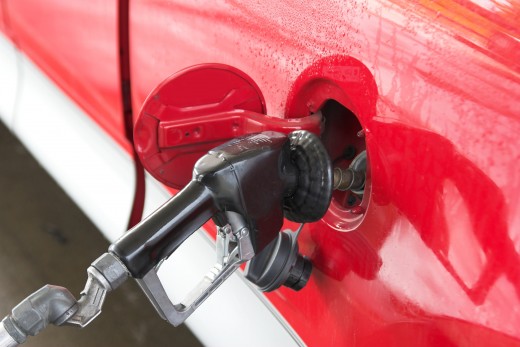
So You Think You Know How To Get There?
You probably take the same route to work every day, most of us do. Maybe it is the fastest, or has less traffic, but there is most likely a reason that you picked the route. Do you really know if it is the shortest route to get there? As I mentioned above, reducing the number of miles you have to travel will help reduce the number of gallons you use on each trip.
Since you are reading this, I can assume that you have access to a computer. Use that computer and a mapping program like Google maps to plan a route. You can check multiple routes between your home and work, or other places you frequently go to. You might be surprised to find that you might be able to find a shorter route than the one that you have been using every day. The farther you have to travel to get to work, the more potential there is to decrease the total miles.
Cruise Control
Your cruise control can be your friend and I don't just mean because you get to pay less attention to your driving. If you remember my comment about an object at motion, you will remember that we want to avoid unnecessary acceleration and slowing. Cruise control can help you to maintain a constant speed, without the fluctuations that you might get if you aren't paying close attention.
You can't always use cruise control. In heavy traffic you will want to skip the cruise control, after all you are allowing plenty of room, right? Also in hilly terrain cruise control may over compensate and accelerate much more than you really need. So if you are on the highway and the terrain is relatively level, go ahead and use it.
Maintain Your Vehicle
Sure, it's a good idea to maintain your vehicle, just for the fact that you want to keep it running. Unexpected break downs are usually more expensive than preventative maintenance. There can also be fuel savings by maintaining your car. Replacing fuel filters, oil filters and oil can allow your engine run more smoothly and with less resistance.
With run engine running more efficiently, it will need less fuel. Also, make sure you check how much air pressure your tire manufacturer recommends. Then, when your tires are cool, make sure they have the proper amount of air pressure in each tire. This again reduces the resistance while traveling down the road and increases your miles per gallon.
While maintaining your vehicle, make sure to pay attention to your air filters, if the filter is clogged and the engine has to work harder to push air through it, it will affect your mileage. Also make sure that your spark plugs are working as efficiently as possible.
Buy A More Fuel Efficient Car?
I intentionally save this one for last, but many people think of this first. With some of the newer cars, especially hybrids, it is tempting to buy a new, more fuel efficient car to save money at the pumps. But is that really a wise investment? Most of the time no. Going into debt to purchase a car will most likely result in higher car payments, offsetting any savings that you would see at the pumps.
Now, if you were going to purchase a new car to begin with, you might be able to see the fuel economy as a reason to pick a certain car over another, but it is probably not worth selling your current car just to buy another. On the other hand, if you are willing to buy a used car, you might be able to trade in your current car for a more fuel efficient model at about the same price. Without a car payment, any money you save on fuel will stay in your pocket.
The Bottome Line
At work, I generally drive a Ford Expedition. I also drive for 8-10 hours per shift and leave the vehicle running most of time. The newer Expeditions have a display option in the console that allows you to see average miles per gallon. The vehicles typically average around 10.2 mpg for the way that we drive them. Since you can reset the average, I like to experiment with it. By going easy on the gas and stopping I can get an average closer to 15-16 mpg for a shift. At work I'm not the one paying for gas, but as you can see, getting and extra five miles per gallon or more will add up to a significant savings by the end of the year.
Let me know some of your tips in the comment section. How do you save gas?

